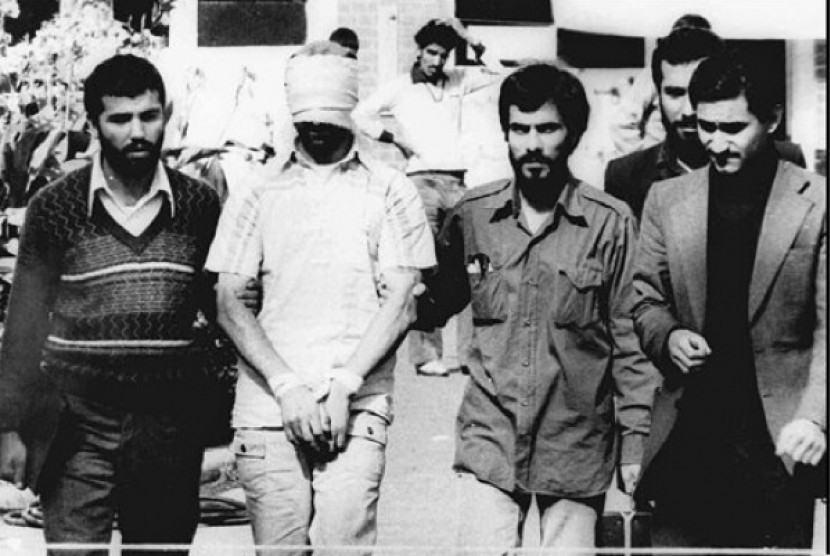REPUBLIKA.CO.ID, McLEAN - A nuclear deal between the US Iran and other world powers has been described as a trust-building step after decades of animosity that hopefully will lead to a more comprehensive deal down the road. But for many of the 66 Americans who were held hostage for 444 days at the start of the Iranian revolution, trusting the regime in Tehran feels like a mistake.
"It's kind of like Jimmy Carter all over again," said Clair Cortland Barnes, now retired after a career at the CIA and elsewhere. He sees the negotiations now as no more effective than they were in 1979 and 1980, when he and others languished, facing mock executions and other torments. The hostage crisis began in November of 1979 when militants stormed the United States Embassy in Tehran and seized its occupants.
Retired Air Force Col. Thomas E. Schaefer, (83 years) called the deal "foolishness."
"My personal view is, I never found an Iranian leader I can trust," he said. "I don't think today it's any different from when I was there. None of them, I think, can be trusted. Why make an agreement with people you can't trust?"
Schaefer was a military attache in Iran who was among those held hostage. His wife of more than 60 years, Anita, also takes a dim view of the agreement: "We are probably not very Christian-like when it comes to all this," she said.
The weekend agreement between Iran and six world powers — the US, Britain, France, Russia, China and Germany — is to temporarily halt parts of Tehran's disputed nuclear program and allow for more intrusive international monitoring of Iran's facilities. In exchange, Iran gains some modest relief from stiff economic sanctions and a pledge from Obama that no new penalties will be levied during the six months.
To be sure, the former hostages have varying views. Victor Tomseth (72 years) retired diplomat, sees the pact as a positive first step. Tomseth, who was a political counselor at the embassy in Tehran in 1979, had written a diplomatic cable months before the hostage crisis warning about the difficulties of negotiation with the Iranians.
Still, he said in a phone interview Monday that it is possible to cut a mutually beneficial deal with them.
"The challenge is Iranian society and politics is so fragmented that it's difficult to reach a consensus," he said — a problem that is also present in the US. He said he considers the deal "in a category of an initial confidence measure."


